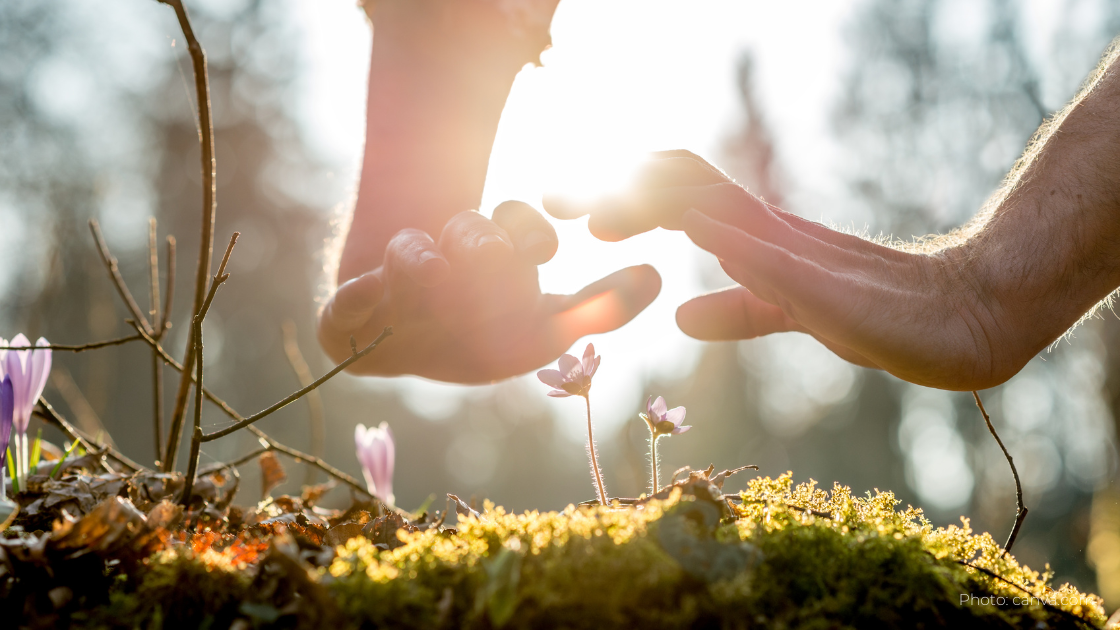When my daughter was a toddler in the playground, I’d leave her alone and let her fumble her way through the obstacles. I was present and aware, but I chose to keep my hands off. I was always surprised and annoyed by other parents who would try and protect her as she worked through the obstacles, often eyeing me with a look that inferred, “Why aren’t YOU doing this?”
My belief has been, and still is, to allow her to fall and fumble so she could figure out her body and learn to trust her physical boundaries. I want her to learn, without constant micro- management on my part. Think of the generations that haven’t been given that opportunity— there are countless stories of young adults attending university or entering the workforce whose parents call professors or employers to try to help resolve issues for their children. This is the generation of kids who expect to win awards just for showing up — competition was frowned upon because it doesn’t give every kid the opportunity to win.
We’ve somehow found ourselves in a place where life feels unfair when it’s hard or challenging. There seems to be a belief that things should be easy, fair, and without conflict for our lives to be good. Yet, growth and maturity come from working through hard times.
We have made it a habit culturally to radically attach ourselves to the most popular social activism, easily jumping on the newest righteous fad of our culture’s zeitgeist. The one thing that’s become predominant is our desire to act in accordance with what is ‘socially acceptable’ or hold people to levels of perfectionism which are unrealistic and harmful. This is parallel to the belief system of needing to be perfect and make life easy for ourselves and our children.
We’re trying to protect everyone from any kind of adversity or trauma. A recent news cast detailed that a child was playing and wasn’t paying attention and fell through a barricade at a parade and sustained minor injuries. The event organizers put out a statement that, in future years, they will make sure events will be trauma free. What???
I’m not advocating for causing harm, but life is about learning through adversity. We can’t hide from difficulties or injuries, because they are part of life. Learning to heal is part of what develops our resilience and character. There’s a growing awareness of trauma and the impacts of unhealed trauma, yet we’ve now landed in a place we’re people are posting ‘trigger warnings’ and regularly using language like ‘safe spaces’ to avoid exposure to anything that might be disturbing.
Renowned therapist Dr. David Spiegel says it’s misguided to avoid anything that might trigger you. Understanding that difficult things happen in the world every day is important in staying engaged and not avoiding what’s hard. Thinking we have to protect everyone from hardship is sanitizing the world. which is unhealthy.
It doesn’t mean you consistently harm yourself with the things in the world that are difficult to face. If you’re going to revisit trauma, it’s important to be in a safe environment that can help you work through it. In order to heal from trauma we have to face the trauma, but not in a forceful and rigid way; we need tender loving support.
But it doesn’t mean we make the environment adversity proof. We can manage risk and still be OK with difficult things happening, understanding that’s how we learn and grow.
I still have a hard time watching my daughter struggle. As a parent, I can only allow her to get as uncomfortable as I can handle. If I can’t handle her having social mishaps, or falling down and scraping her knee, or struggling in school, or behaving unkind, then I can’t support her because my support will be based on my discomfort. Allowing her to make her own mistakes without needing to protect her is one of the hardest things to do as a parent, yet it helps her become resilient and capable.
Some of the side effects for children who aren’t allowed to experience adversity include higher levels of ineffective coping skills, greater levels of stress and anxiety, more self-reported problems by children, higher levels of depression, and an overall dissatisfaction with life.
As adults, if we can’t tolerate failing or not being perfect, we end up living half a life — one consumed with trying to manage perceived threats and driven by the fear of being wrong or doing wrong. This over protection isn’t healthy and won’t help us become a more resilient and strong society. It will make us weaker; we will try to manage our worlds and hold unrealistic standards which make people feel unworthy and fearful of saying or doing the wrong things.
Let’s stop jumping on the newest social activism unless we’re willing to stick with it. Let’s give ourselves permission to be hurt and see things that are hard, so that we can grow compassion and activism based on what inspires us instead of what’s cool. Let’s find ways to be proactive without needing anyone else to see it, and let’s be ok with failing in public. These things will make us more resilient and less driven to please others.
As always, love to hear your thoughts
With love, Noelle

